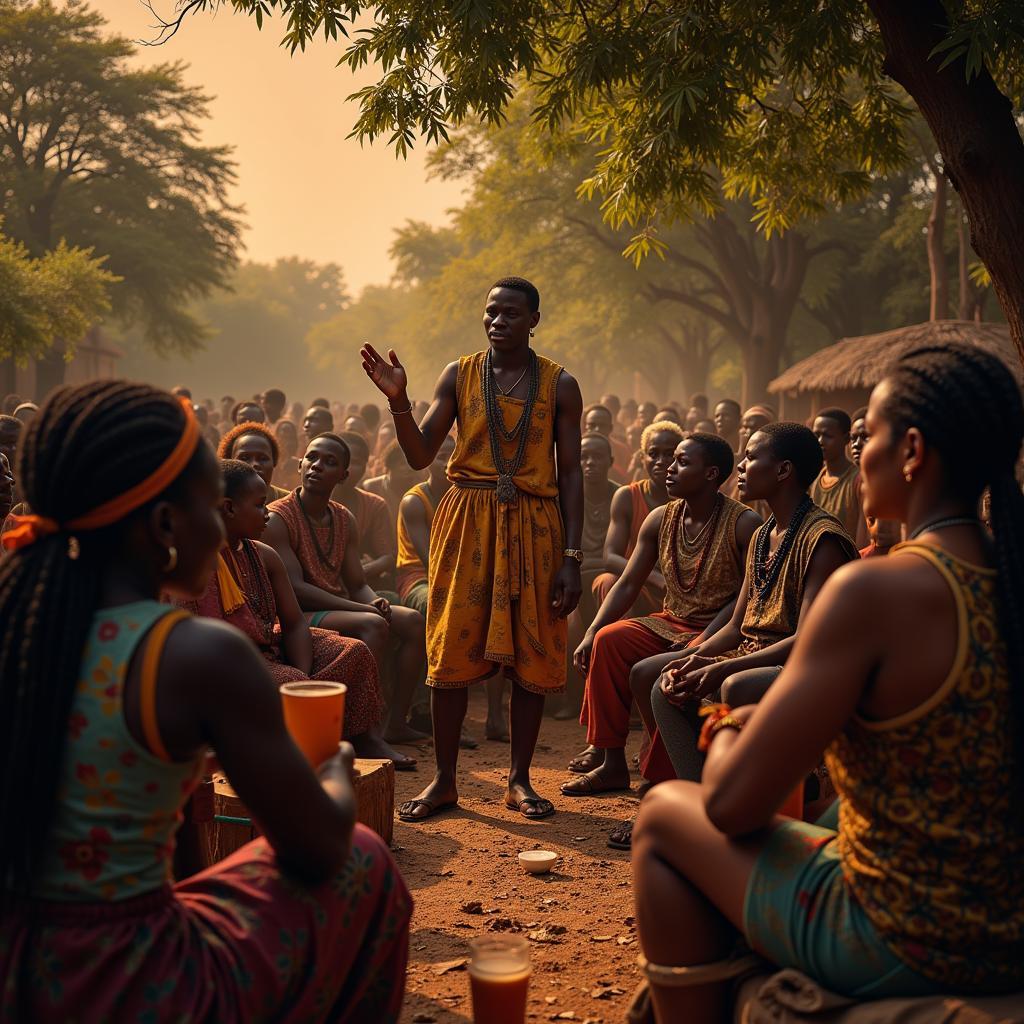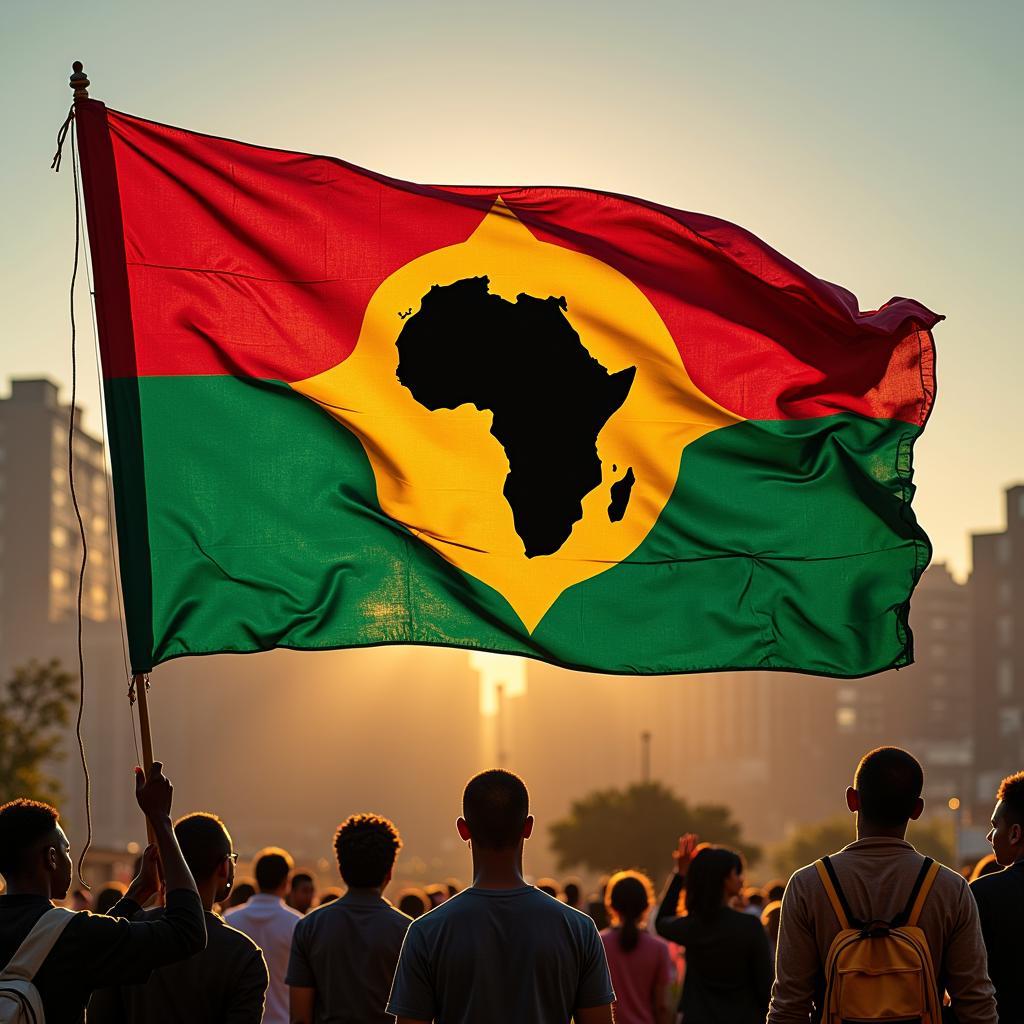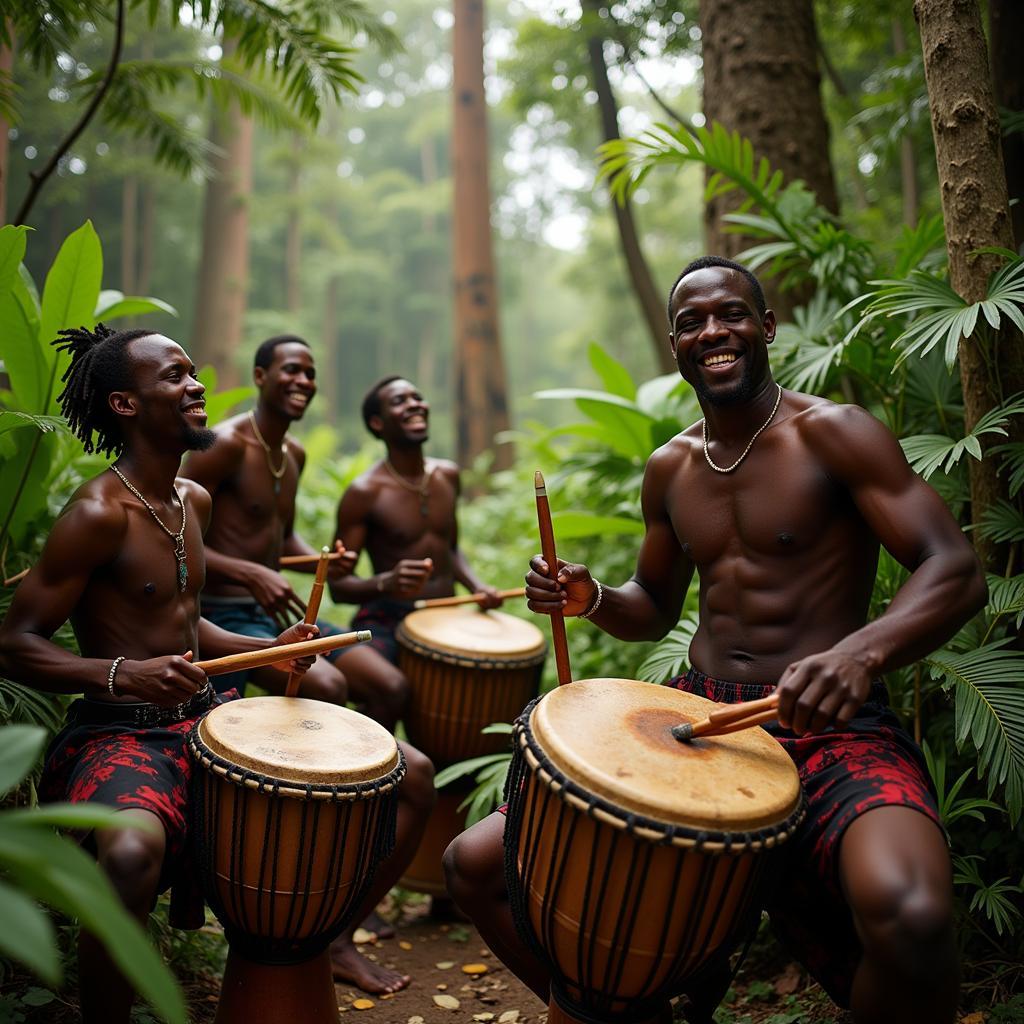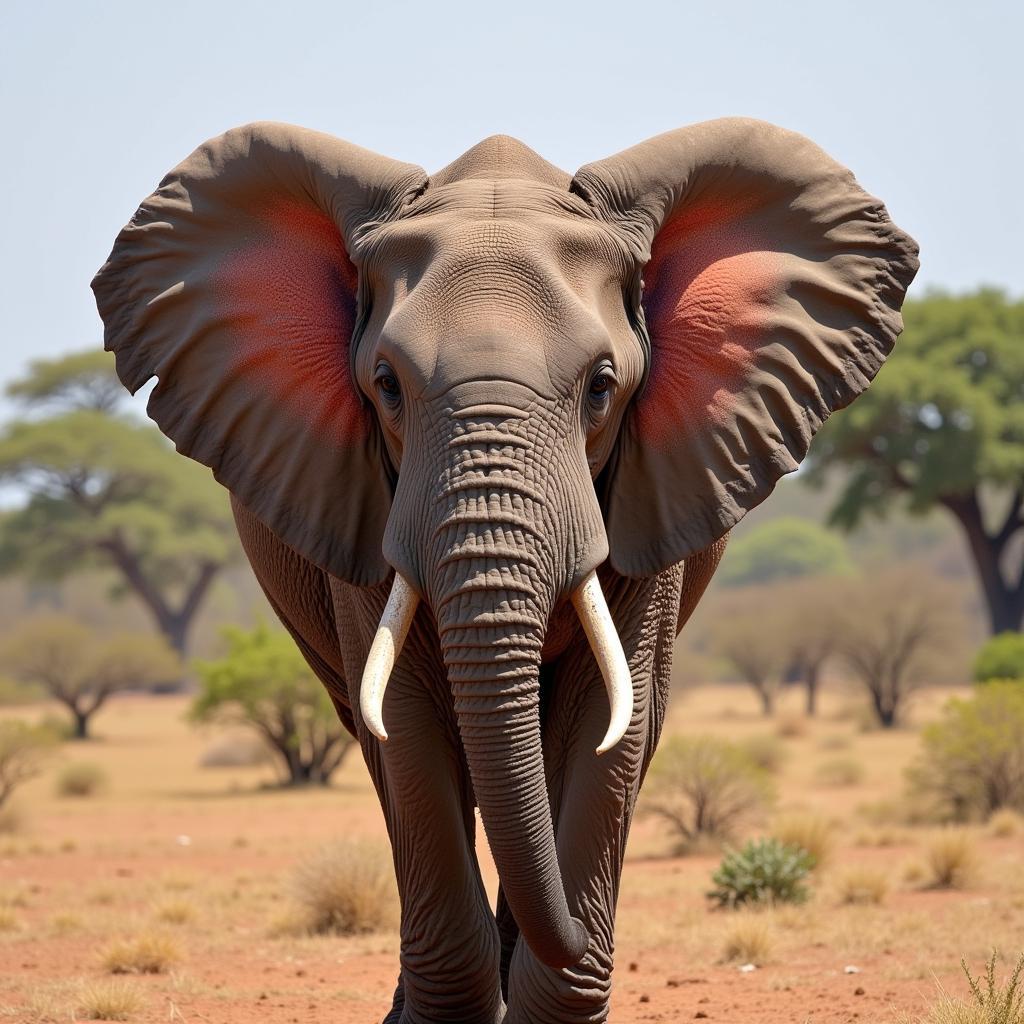Navigating the African Identity Crisis
The African Identity Crisis is a complex and multifaceted issue rooted in the continent’s colonial past and its ongoing struggle for self-determination. This exploration delves into the historical, cultural, and social factors contributing to this crisis, examining its manifestations and potential pathways towards a more unified and empowered African identity.
The legacy of colonialism plays a pivotal role in shaping the African identity crisis. The arbitrary drawing of borders by colonial powers disregarded pre-existing ethnic and cultural boundaries, creating artificial nations and sowing the seeds of internal conflict. This fragmentation continues to fuel ethnic tensions and hinders the development of a pan-African consciousness. Furthermore, the imposition of European languages and cultural values led to the suppression of indigenous knowledge systems and traditions, creating a sense of cultural alienation and contributing to the ongoing struggle for cultural reclamation. Shortly after independence, many African nations faced political instability and economic hardship, further exacerbating the challenges of forging a cohesive national identity. Is there a way forward?
The Colonial Legacy and its Impact on African Identity
Colonialism’s impact extends beyond political and economic spheres. The psychological scars of oppression and the systematic dismantling of traditional social structures have left a lasting impact on the African psyche. This internalized oppression can manifest as a devaluing of African cultures and an embrace of Western ideals, perpetuating the cycle of cultural dependency. The struggle to reconcile pre-colonial identities with the realities of post-colonial nation-states remains a central challenge in defining African identity today. What are the potential pathways towards a more unified African identity? For example, the burgeoning interest in traditional African religions and spiritual practices reflects a growing desire to reconnect with pre-colonial roots and reclaim a sense of cultural authenticity.
Reclaiming African Narratives: Culture, Arts, and Language
The arts play a vital role in shaping and expressing African identity. From literature and music to visual arts and performance, African artists are actively engaged in reclaiming their narratives and challenging stereotypical representations. The resurgence of interest in traditional African storytelling, for instance, offers a powerful medium for transmitting cultural values and fostering a sense of shared heritage. The promotion of African languages is also crucial in preserving cultural diversity and fostering a sense of belonging. This emphasis on cultural expression and preservation is essential for forging a stronger and more resilient African identity. What role does language play in the African identity crisis?
 Reclaiming African Narratives through Storytelling
Reclaiming African Narratives through Storytelling
The African Countries Rap Song, a creative expression of continental pride, showcases the power of music in unifying diverse communities. Similarly, the intricate African Embroidery Designs Borer highlights the rich artistic heritage of the continent.
The African Identity in a Globalized World
Globalization presents both opportunities and challenges for African identity. While it offers increased access to information and cultural exchange, it also carries the risk of further marginalization and cultural homogenization. Navigating this complex landscape requires a conscious effort to preserve and promote African values while engaging with the global community on equal terms. The rise of Pan-Africanism and the growing awareness of shared African experiences across national borders represent a powerful force in countering the fragmenting effects of globalization. How does Pan-Africanism contribute to resolving the African identity crisis?
 Symbol of Pan-African Unity and Identity
Symbol of Pan-African Unity and Identity
The African Community in Ukraine and the African American Literary Magazines demonstrate the interconnectedness of African experiences across geographical boundaries. It’s important to recognize the diverse experiences within the African diaspora and their contributions to the ongoing dialogue on African identity.
Conclusion
The African identity crisis is a complex and ongoing process, but it also presents an opportunity for growth and self-discovery. By confronting the legacies of colonialism, reclaiming cultural narratives, and engaging with the global community on their own terms, Africans can forge a more unified, empowered, and authentic identity. The path towards a stronger African identity requires a conscious effort to embrace diversity, promote intercultural dialogue, and celebrate the rich tapestry of African cultures. The African identity crisis is not simply a crisis; it is a journey of self-affirmation and empowerment.
FAQ
- What are the root causes of the African identity crisis?
- How has colonialism impacted African identity?
- What role does language play in the African identity crisis?
- How can the arts contribute to resolving the African identity crisis?
- What are the challenges and opportunities presented by globalization for African identity?
- What is Pan-Africanism, and how does it relate to the African identity crisis?
- How can Africans reclaim their cultural narratives?
Situations and Questions:
-
Situation: A young African student struggles to reconcile their traditional upbringing with the pressures of Westernized education.
- Question: How can they navigate these conflicting cultural influences and develop a strong sense of self?
-
Situation: An African artist seeks to express their identity through their work but faces challenges in gaining recognition in a global art market dominated by Western perspectives.
- Question: How can they overcome these obstacles and ensure that their voice is heard?
Further Exploration:
Explore related topics such as the African Countries Fight List to understand the complexities of post-colonial nation-building and its impact on African identity.
Contact Us:
For support or inquiries, contact us: Phone: +255768904061, Email: kaka.mag@gmail.com, Address: Mbarali DC Mawindi, Kangaga, Tanzania. Our customer service team is available 24/7.


